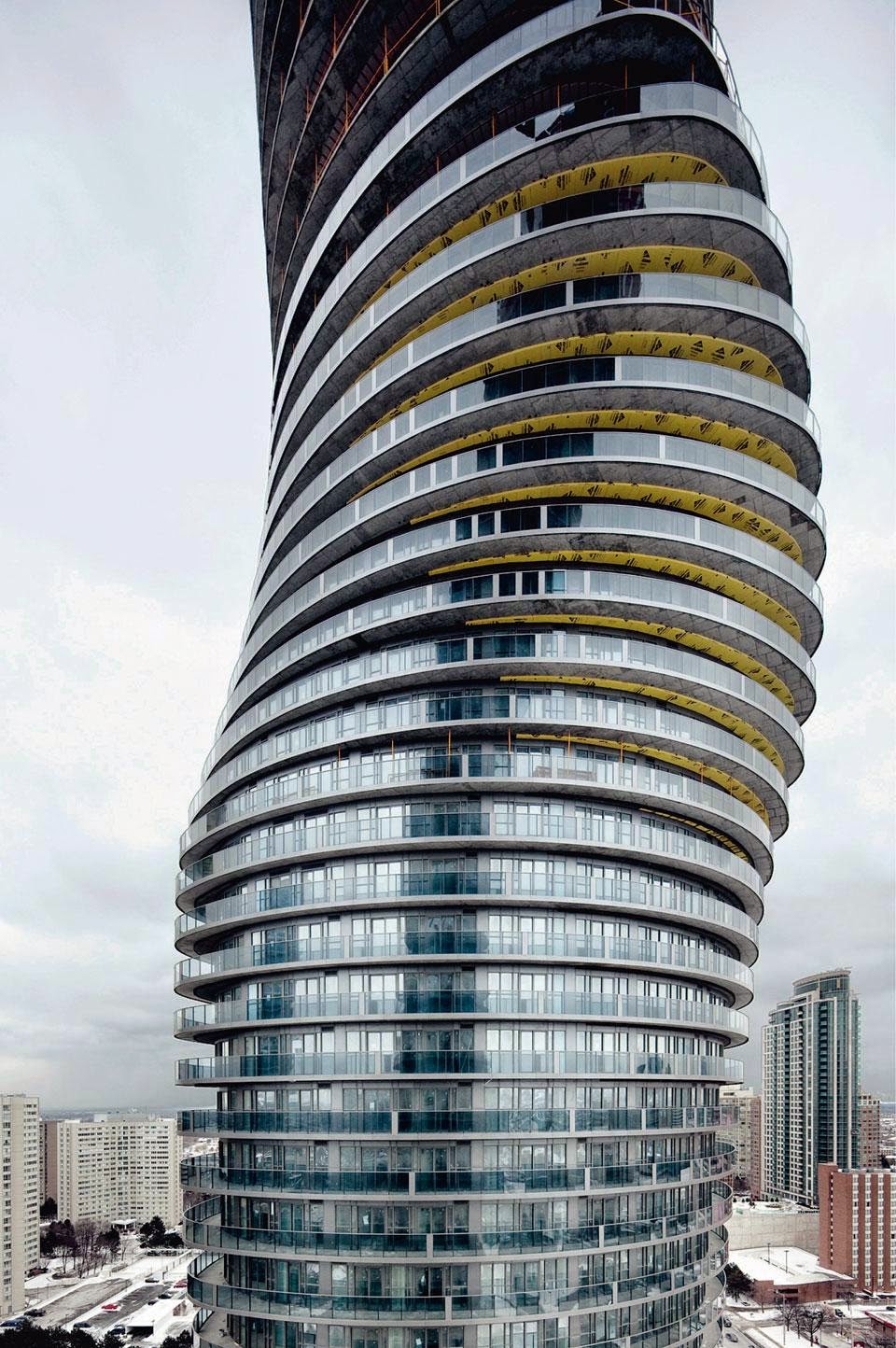Punishment is the authoritative imposition of an undesirable or unpleasant outcome upon an individual or group by another individual or group, in response to behaviour that an authority deems unacceptable or a violation of some norm. The unpleasant imposition may include a fine, penalty, or confinement, or be the removal or denial of something pleasant or desirable. The individual may be a person, or even an animal. The authority may be either a group or a single person, and punishment may be carried out formally under a system of law or informally in other kinds of social settings such as within a family. Negative consequences that are not authorised or that are administered without a breach of rules are not considered to be punishment as defined here. The study and practice of the punishment of crimes, particularly as it applies to imprisonment, is called penology, or, often in modern texts, corrections; in this context, the punishment process is euphemistically called "correctional process". Research into punishment often includes similar research into prevention. Justifications for punishment include retribution, deterrence, rehabilitation, and incapacitation. The last could include such measures as isolation, in order to prevent the wrongdoer's having contact with potential victims, or the removal of a hand in order to make theft more difficult. Of the four justifications, only retribution is part of the definition of punishment and none of the other justifications is a guaranteed outcome, aside from obvious exceptions such as an executed man being incapacitated with regard to further crimes.
lunedì 10 novembre 2014
MODERN ART ▲▼
 One significant feature of London and the city in general for artists and poets at this time lies in the fact that the city provides a useful site the display of new types of artwork. In London, various artists would display their work for the public, allowing the citizens of London to view and appreciate the changing artistic terrain. One unique development of this age was the advent of panoramic visual art. On particularly important work was English artist Thomas Girtin's work the Eidometropolis, a massive painting that presented a circular panoramic view of London. This work was designed in order give the impression of being surrounded by the city while showing an extended view of the London cityscape. The work was inspired by Philip James de Loutherburg's Eidophusikon which presented the image of a ship in a stormy sea, using pulleys to simulate the movement of the ship through the sea.
One significant feature of London and the city in general for artists and poets at this time lies in the fact that the city provides a useful site the display of new types of artwork. In London, various artists would display their work for the public, allowing the citizens of London to view and appreciate the changing artistic terrain. One unique development of this age was the advent of panoramic visual art. On particularly important work was English artist Thomas Girtin's work the Eidometropolis, a massive painting that presented a circular panoramic view of London. This work was designed in order give the impression of being surrounded by the city while showing an extended view of the London cityscape. The work was inspired by Philip James de Loutherburg's Eidophusikon which presented the image of a ship in a stormy sea, using pulleys to simulate the movement of the ship through the sea.
venerdì 7 novembre 2014
POLLUTION ✖☢
POLLUTION
Pollution is a very big problem. Now we produce a lot of industrial waste and gases that are poisonous and pollute the air we breathe. The most important kind of pollution is air pollution that can provoke acid rain. A solution of this problem can be the will of politicians,scientists and legislators to work together.
GLOBAL WARMING.
Temperature is increasing in the earth and this is due to the fact that greenhouse gasses let solar radiation enter our atmosphere but they don't permit the flow of infrared radiation, producing the warming of the earth.There are some evidence of this in thi rise of sea levels over the past century. Some scientists are afraid for an increase of desease in human beings and animals for the future but others are not alarmed.
Pollution is a very big problem. Now we produce a lot of industrial waste and gases that are poisonous and pollute the air we breathe. The most important kind of pollution is air pollution that can provoke acid rain. A solution of this problem can be the will of politicians,scientists and legislators to work together.
GLOBAL WARMING.
Temperature is increasing in the earth and this is due to the fact that greenhouse gasses let solar radiation enter our atmosphere but they don't permit the flow of infrared radiation, producing the warming of the earth.There are some evidence of this in thi rise of sea levels over the past century. Some scientists are afraid for an increase of desease in human beings and animals for the future but others are not alarmed.
Iscriviti a:
Post (Atom)


